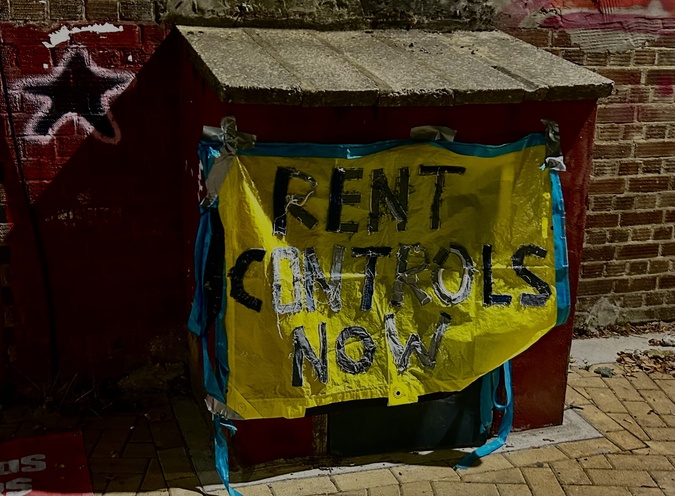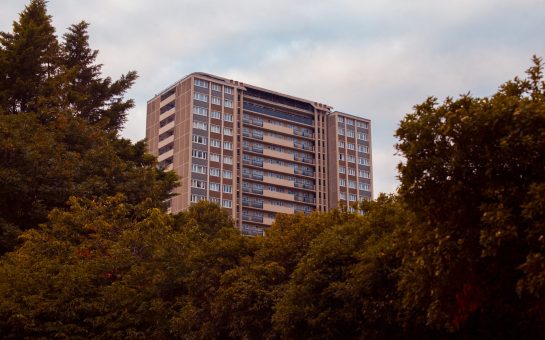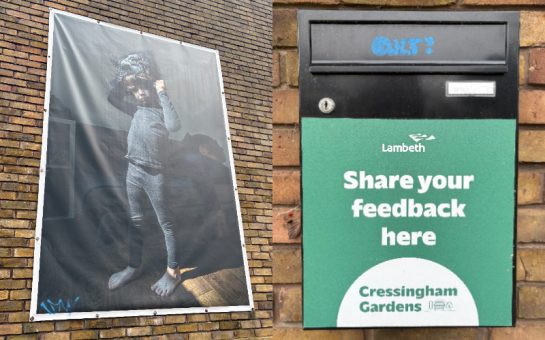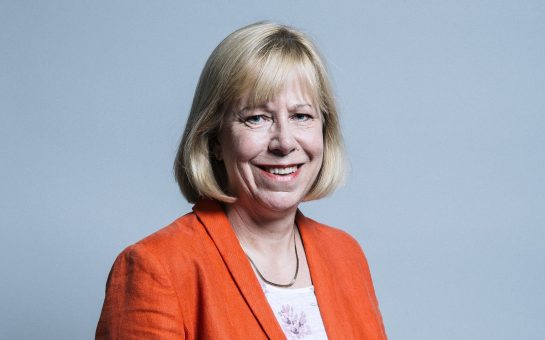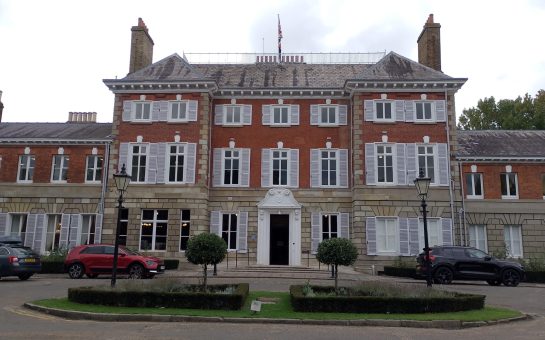Young people renting in London have criticised the Renters’ Rights Bill for failing to propose a cap on record-high prices.
Renters have told the Londoners that the legislation, which proposes the abolition of Section 21 ‘no fault’ evictions alongside other tenant protections, must take steps to regulate the increasingly unaffordable nature of the private rented sector.
Migrant charity worker Catherine Kelly, 30, has rented privately in London since 2018 and feels that more needs to be done to prevent landlords from hiking up prices indiscriminately.
Kelly said: “In London, pretty much everyone I know, including myself, is spending roughly 50% of their income on rent and bills and we take that as normal – it isn’t.”
Commenting on the Renters’ Rights Bill, she said: “The thing about abolishing no-fault evictions – while that is good – is that a rent increase that you cannot afford is a no fault eviction.
“There is a real lack of political support for the needs of ordinary people and a slow move away from the welfare state.”
Her criticism comes after she was evicted from a flat share last year and struggled to find an affordable place to live.
Kelly said: “I was in a place in Bow for four years that felt like home, because I was building a community and involved in the local anti-raids and renters’ union group.
“When we got notified that we were being evicted, we could not afford anywhere around where we were living and it was a horrible feeling.
“We knew our neighbours, all the things that make you feel rooted in a place – you feel like you have to start over again.”
Kelly’s experience is far from unique, according to recent data from the ONS and London Assembly.
Out of all the regions in England, average rent prices are the highest in London at £2,253 – £869 higher than the second most expensive region, the South East.
Young Londoners are being hit the hardest, contending with the rising cost of living in the capital whilst being the lowest-paid age group on average.
A 2024 report by the London Assembly Housing Committee found that low-income Londoners aged 25-29 were spending 77% of their wages on housing, while their low-income peers across the country were spending just 33%.
As renting in London becomes increasingly expensive, young people are feeling the financial squeeze – and fear they might never be able to afford a home in the city they grew up in.
Born and raised in east London, 25-year-old Suha Faisal was forced to move back home with her parents after one year of renting privately, despite saving for years to make the move financially viable.
She said: “My savings were absolutely wiped by renting out.
“The biggest issue was affordability, and when I started my masters, it was just not financially sustainable for me to continue renting.
“I am fortunate that my parents are bordering Essex – so I could stay with them – but it does feel like a regression, losing some of your own agency again.”
On the prospect of home ownership, Faisal added: “It has been four years since I finished university, and I am nowhere close to a deposit for anywhere in London.”
Other young people in the capital have echoed these concerns to the Londoners, such as religious education teacher Rachel Heading, 25, who grew up in Chadwell Heath.
She said: “I would not be able to afford the house I grew up in if I was renting it.”
Currently renting in Snaresbrook, Heading described the experience of finding a rental property as ‘demoralising’, competing with upwards of eight to nine bidders for a singular tenancy.
The Renters’ Rights Bill, which is likely to become law early next year, proposes an end to the practice of rental bidding by preventing landlords and agents from asking for or accepting offers above the advertised price.
Despite this, Heading feels the bill does not go far enough in addressing rising prices – although she believes it is a step in the right direction.
She said: “You cannot take renting in isolation.
“The cost of living crisis needs to be addressed.”
Many young renters are looking beyond the politics of Westminster for answers to the rental crisis, instead focusing on grassroots community organisations.
One such organisation is the London Renters’ Union (LRU) which has supported tenants in the capital since 2018 and has 7,000 members as of 2024.
LRU spokesperson, Jae Vail, said: “Younger renters are trapped in a cycle of insecurity, especially those who cannot fall back on the bank of mum and dad.
“The current Renters’ Rights Bill, which abolishes Section 21, is a major victory for organised tenants but it doesn’t tackle the affordability crisis.
“We need rent controls to bring prices down, alongside massive investment in public housing.”
“By joining your local tenants’ union, you can get support with immediate housing issues while building collective power to change the system and win a decent home for all.”
Featured image credit: Asha Birdi
